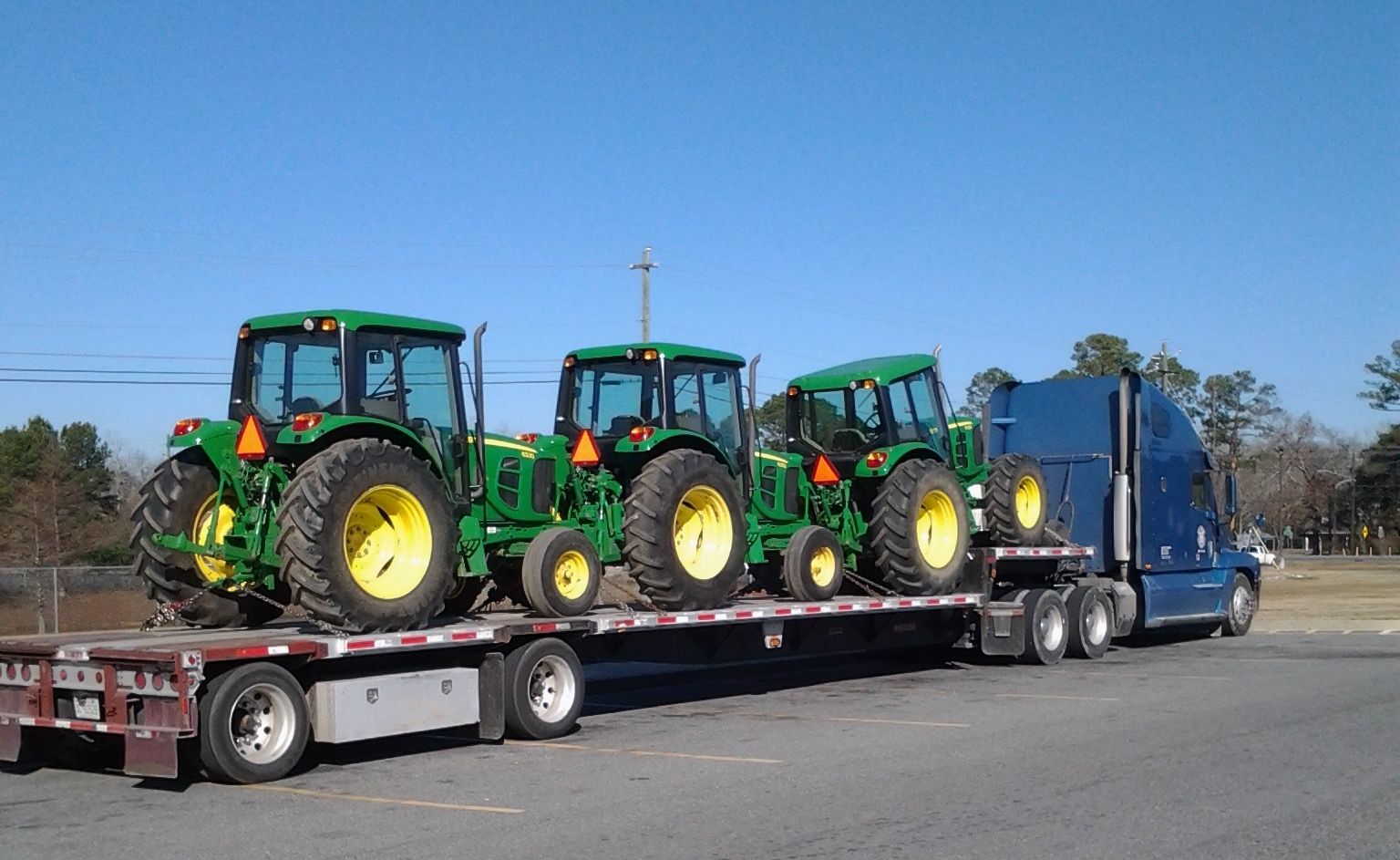The dynamic area of modern agriculture aims to effectively and sustainably supply the world’s ever-increasing food demand by fusing tradition and technology. Using mechanized tools is a fundamental component of this contemporary strategy; one example of an innovative agricultural equipment is the tractor. Farming techniques have been transformed by tractor transport, which has increased sustainability, efficiency, and production. The various functions of tractor transport in contemporary agriculture are examined here.
Historical Context
The transition from animal-powered agriculture to mechanized farming was substantial, occurring with the invention of the tractor in the early 20th century. Tractors were originally only basic devices meant to take the place of horses and oxen. But as time went on, they developed into highly skilled machinery that can carry out a variety of jobs, from planting and ploughing to harvesting and carrying.
Enhancing Productivity
The workhorses of contemporary farms are tractors. They are adaptable instruments that can do a variety of jobs since they are made to pull and power different implements. This adaptability greatly raises farming enterprises’ production. Compared to conventional ways, farmers can cultivate, plant, and harvest large areas of land considerably more quickly with tractors. The capacity to cultivate bigger areas and more effective farm operations are made possible by the time savings, which raises agricultural productivity overall.
Improving Efficiency
In agriculture, efficiency encompasses more than simply speed; it also involves waste reduction and input optimization. Tractors make work more efficient by guaranteeing accuracy and consistency. With the help of cutting-edge technologies like GPS and automatic steering systems, modern tractors can plant, fertilize, and harvest crops with accuracy. By minimizing fuel use and soil compaction and reducing needless runs over the field, this accuracy helps to conserve resources.
Supporting Sustainable Practices
In contemporary agriculture, tractors play a crucial role in promoting sustainable farming techniques. They are necessary for preserving soil structure, lowering erosion, and improving water retention in no-till and conservation tillage farming. In addition, the most recent tractor models are built to use less fuel and may run on alternative fuels, which lowers the farming industry’s carbon impact.
Economic Impact
The agriculture industry is significantly impacted financially by tractors. They contribute to lowering farming costs and enhancing the affordability of food production by raising productivity and efficiency. Farmers profit from this cost-effectiveness, but consumers also gain from decreased food costs. In addition, the tractor sector as a whole—from sales and manufacture to maintenance and repair services—creates jobs and boosts the economy.
Challenges and Future Directions
Tractors have advantages, but they also have drawbacks. Access to this technology might be challenging for small-scale farmers due to the very significant initial expenditure. Furthermore, a reliance on tractors and other machinery may result in over-mechanization, which may have detrimental effects on biodiversity and soil health. Innovative approaches are needed to address these issues, such as cooperative ownership models, training courses for sustainable use, and the creation of tractor models that are more reasonably priced and ecologically friendly.
It is probable that traktortransport in agriculture will witness ongoing technical progress in the future. Precision agricultural technology, electric models, and autonomous tractors are already in the works and promise to improve farming’s productivity, sustainability, and efficiency even more.
Conclusion:
A key component of contemporary agriculture that boosts productivity, sustainability, and efficiency is tractor transport. Developments in tractor technology and its combination with other cutting-edge agricultural techniques will continue to be crucial components of the global search for sustainable food production solutions. In order to guarantee agriculture’s bright future in addition to its past and present, it will remain a challenge to find a middle ground between the benefits of transport and the demands of environmental preservation and equitable access to technology.


